Refine listing
Actions for selected content:
11 results in Cambridge Elements
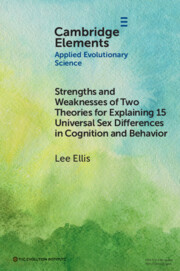
Strengths and Weaknesses of Two Theories for Explaining 15 Universal Sex Differences in Cognition and Behavior
-
- Published online:
- 14 August 2025
- Print publication:
- 11 September 2025
-
- Element
- Export citation
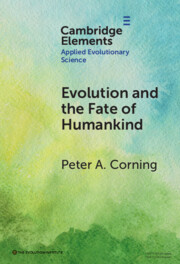
Evolution and the Fate of Humankind
-
- Published online:
- 15 February 2025
- Print publication:
- 27 February 2025
-
- Element
- Export citation
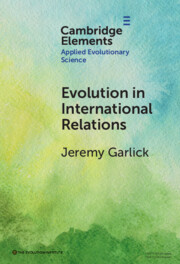
Evolution in International Relations
-
- Published online:
- 07 February 2025
- Print publication:
- 06 March 2025
-
- Element
- Export citation
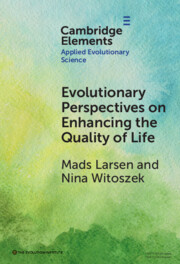
Evolutionary Perspectives on Enhancing Quality of Life
-
- Published online:
- 13 April 2024
- Print publication:
- 23 May 2024
-
- Element
-
- You have access
- Open access
- HTML
- Export citation
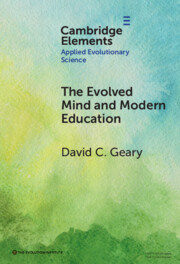
The Evolved Mind and Modern Education
- Status of Evolutionary Educational Psychology
-
- Published online:
- 12 March 2024
- Print publication:
- 23 May 2024
-
- Element
- Export citation
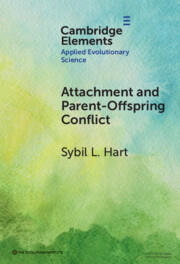
Attachment and Parent-Offspring Conflict
- Origins in Ancestral Contexts of Breastfeeding and Multiple Caregiving
-
- Published online:
- 12 January 2024
- Print publication:
- 01 February 2024
-
- Element
- Export citation
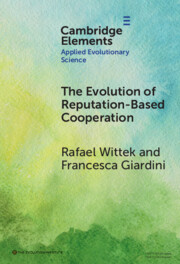
The Evolution of Reputation-Based Cooperation
- A Goal Framing Theory of Gossip
-
- Published online:
- 22 November 2023
- Print publication:
- 21 December 2023
-
- Element
- Export citation
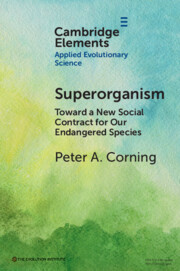
Superorganism
- Toward a New Social Contract for Our Endangered Species
-
- Published online:
- 23 June 2023
- Print publication:
- 03 August 2023
-
- Element
- Export citation
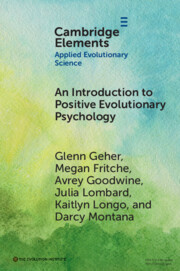
An Introduction to Positive Evolutionary Psychology
-
- Published online:
- 25 April 2023
- Print publication:
- 18 May 2023
-
- Element
- Export citation
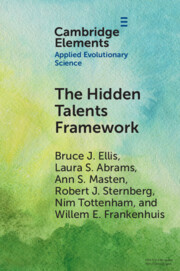
The Hidden Talents Framework
- Implications for Science, Policy, and Practice
-
- Published online:
- 24 March 2023
- Print publication:
- 06 April 2023
-
- Element
- Export citation
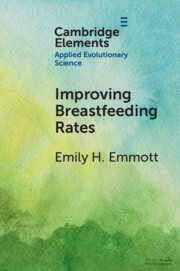
Improving Breastfeeding Rates
- Evolutionary Anthropological Insights for Public Health
-
- Published online:
- 10 February 2023
- Print publication:
- 23 February 2023
-
- Element
- Export citation
